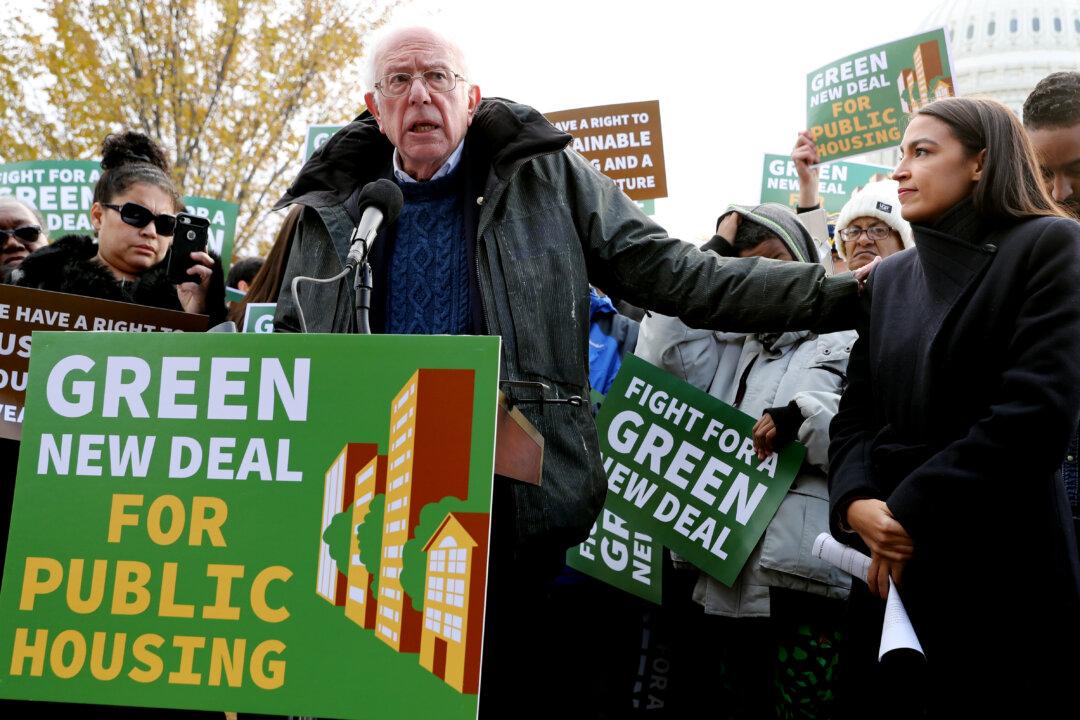Housing and Urban Development (HUD) Secretary Marcia Fudge plans to spend $5 billion under President Joe Biden’s American Rescue Plan (ARP) to fund 70,000 housing vouchers for homeless people between now and 2030.
“While most of us spent more time in our homes than we ever have, more than half a million Americans had to spend the last year either in crowded shelters or sleeping outside,” Fudge said when announcing the program. “With HUD’s swift allocation of this $5 billion in American Rescue Plan funding, we are providing communities the resources to give homes to the people who have had to endure the COVID-19 pandemic without one.”





